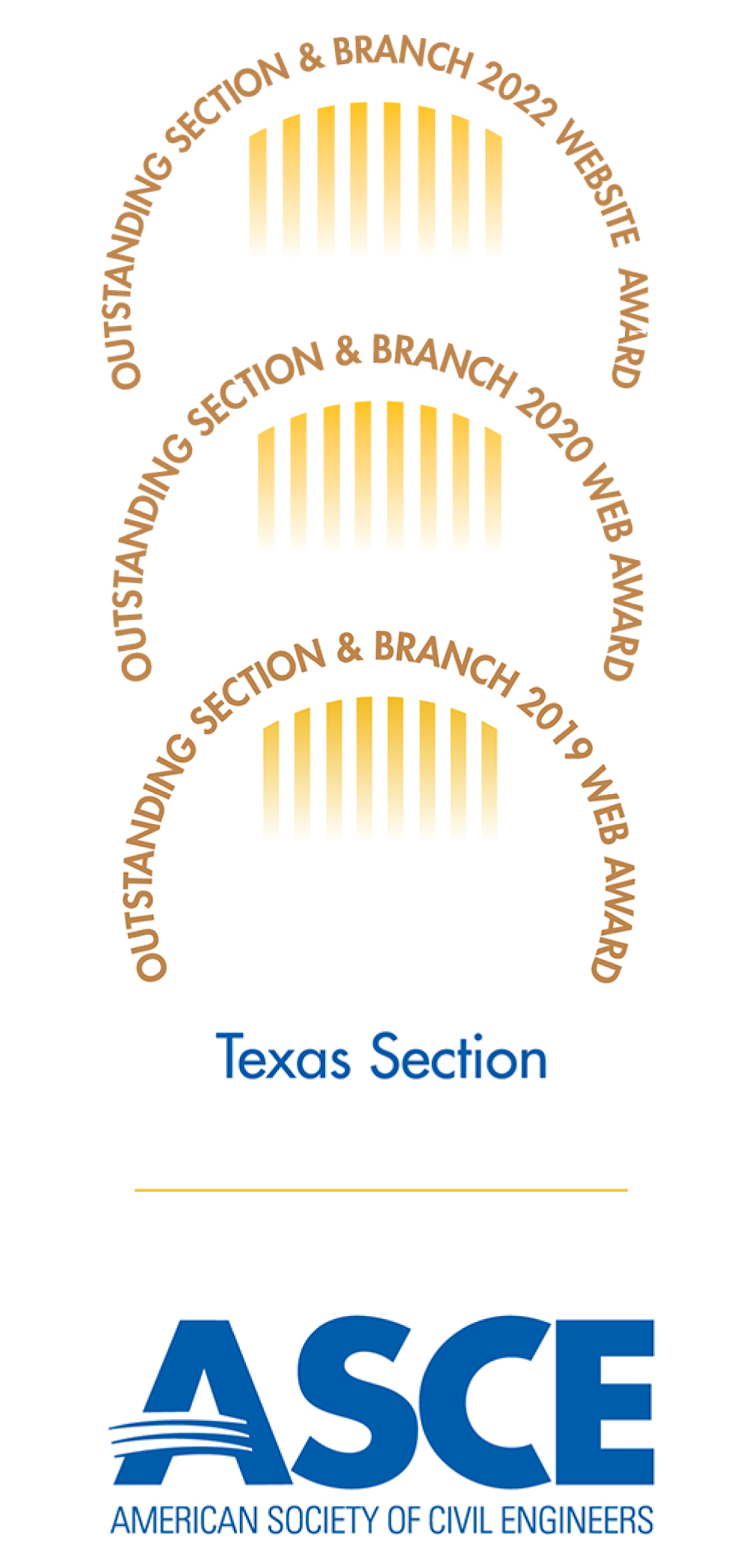Land Development Engineering – Is It Becoming A Commodity?
An opinion editorial by Robert W. Scholz PE, Chair of the ASCE Texas Section Public Relations and Professional Image Committee

Site as well as Land Development Engineering has long been regarded as a unique practice within the civil engineering profession. Often, these engineers do not specialize in a specific branch of civil engineering, such as water resources, geotechnical, or structural, but rather have a vast knowledge of many different aspects of civil engineering. This broad skill set is necessary to provide clientele with a ‘soup to nuts’ approach for the transformation of land from cattle-grazed farmland to high-density suburban and urban development.
So I dare to ask the question: Is land development engineering becoming a commodity? Webster defines a commodity as “a good or service whose wide availability typically leads to smaller profit margins and diminishes the importance of factors (such as brand name) other than price”. Still, others regard the definition of a commodity as “something valued.” Well, certainly land development engineering is valued, but it is much more than that.
But how are civil engineers seen by the real estate development community? Are civil engineers regarded as leaders? Do they represent professionalism and expertise in their vocation? Think of a doctor or a lawyer in their respective fields of service and specifically, their clients’ views of these professions. Typically, clients desire the “best” doctor for themselves, regardless of price. When in a lawsuit, a client will ask for recommendations on the most knowledgeable and successful lawyer. How does the value of a civil engineer compare in real estate development?
The Texas Engineering Practice Act, Section 137.53 specifically forbids competitive bidding to perform professional engineering services for governmental entities. This rule was developed to protect the integrity of professional engineering services in the interest of further protecting the health, safety, and welfare of the general public. However, the private sector of real estate development is not bound by this same rule and typically requires competitive fee proposals for civil engineering services. Thus, land development engineers are forced to provide fee proposals to private (i.e., non-government related) clientele in attempts to win work.
We are professionals highly trained in a specialized service, not unlike that of a doctor or a lawyer. How have competitive proposals affected pricing for land development engineering services? Truth be told, it has affected pricing to a great degree. Competition drives down prices. In the words of a colleague from the owner/developer side, “You guys are giving it away!” Step back and take a look at pricing in your own firm. Ten to twelve percent of construction cost is a fair value for straight civil engineering services in the public sector. That’s not including geotechnical and construction materials testing services. Meanwhile, many architects and developers are limiting civil engineering fees in the private industry to six percent. Why? Because they can get it! “If you don’t provide it for 6%, someone else will.” And after all, “engineering plans are engineering plans, no matter where you get them.” There is something fundamentally wrong with this rationale.
Just for kicks, I ran a quick Internet search on the word “Engineer”. One interesting synonym that kept popping up on many websites is the word “mastermind”. Let that sink in for a moment. Engineers are trained to think…to devise…to strategize….and to put things together in a way that works efficiently and effectively. Masterfully. Should we not portray ourselves as masters of our profession?
We are defined by what we do, but what we do has to be more than just plans on paper.
Share this story:








